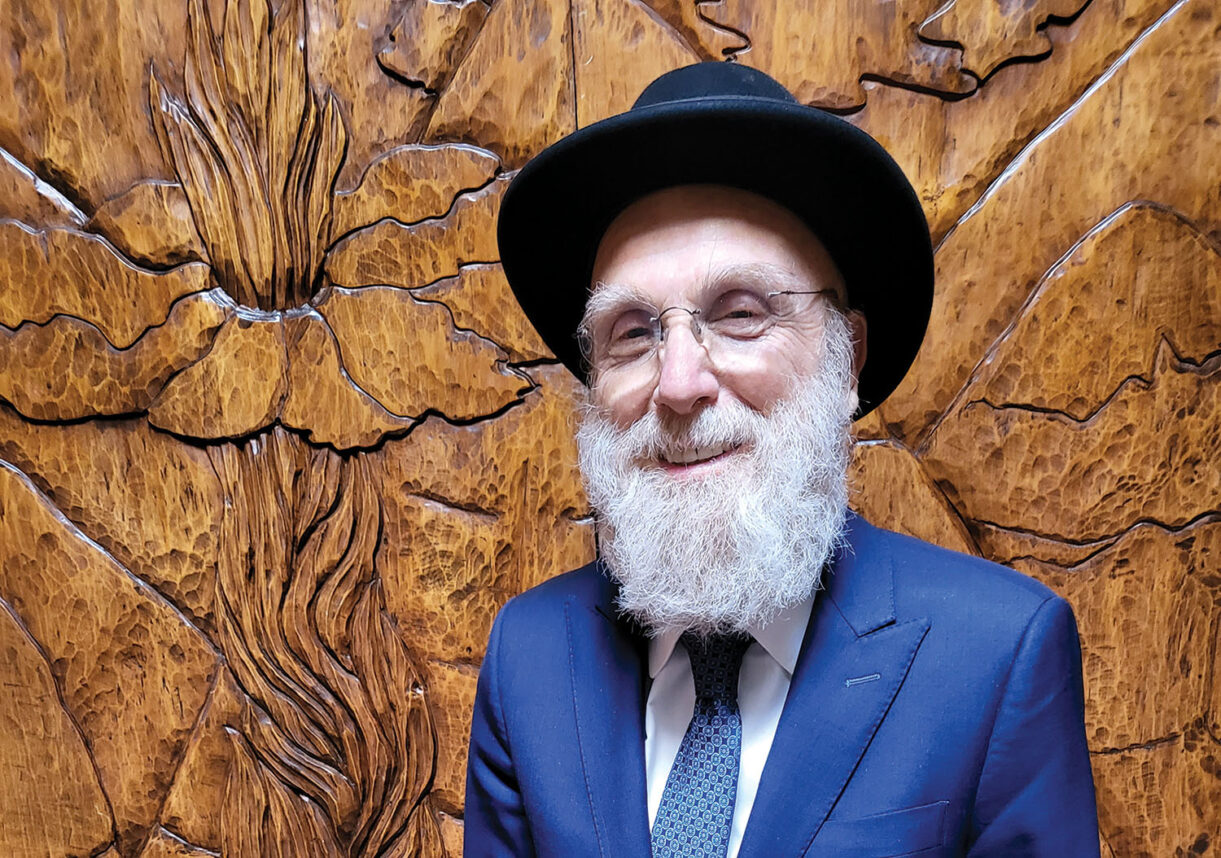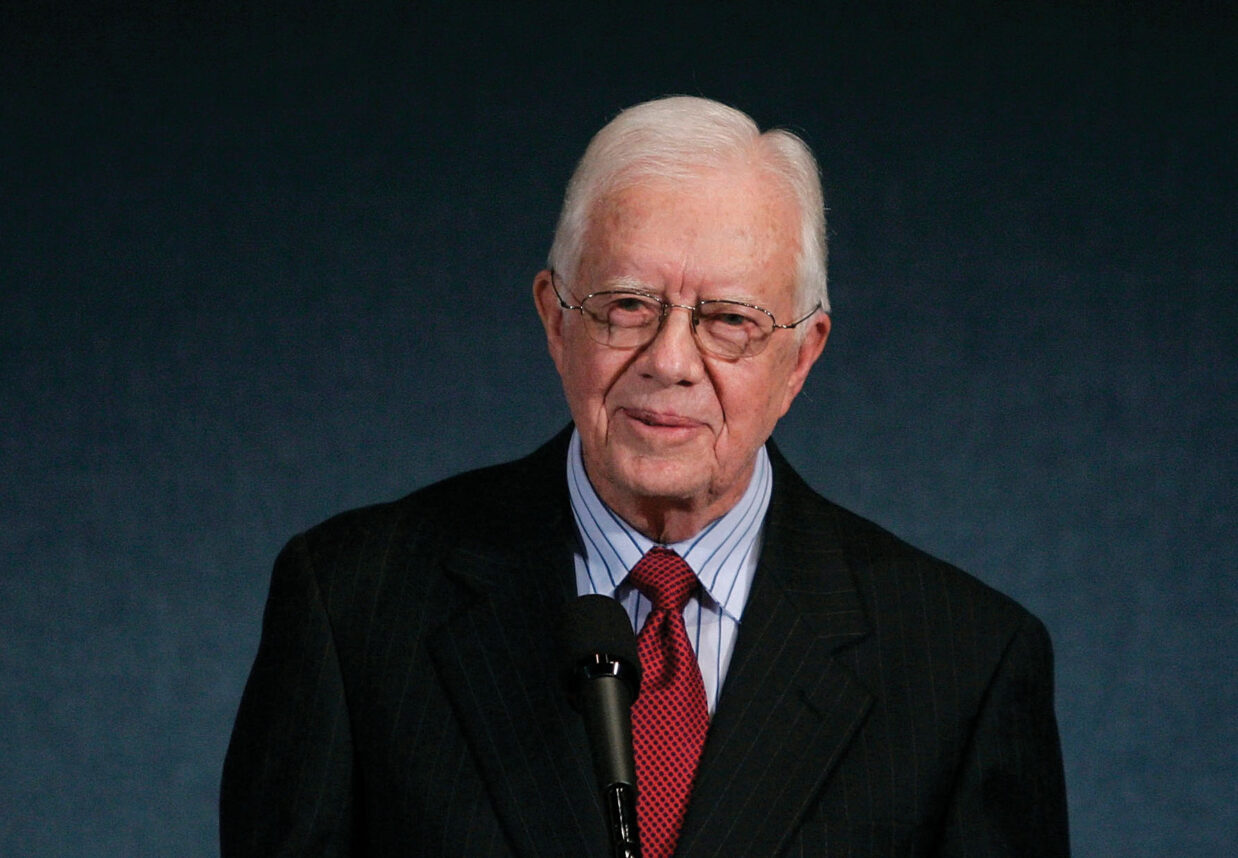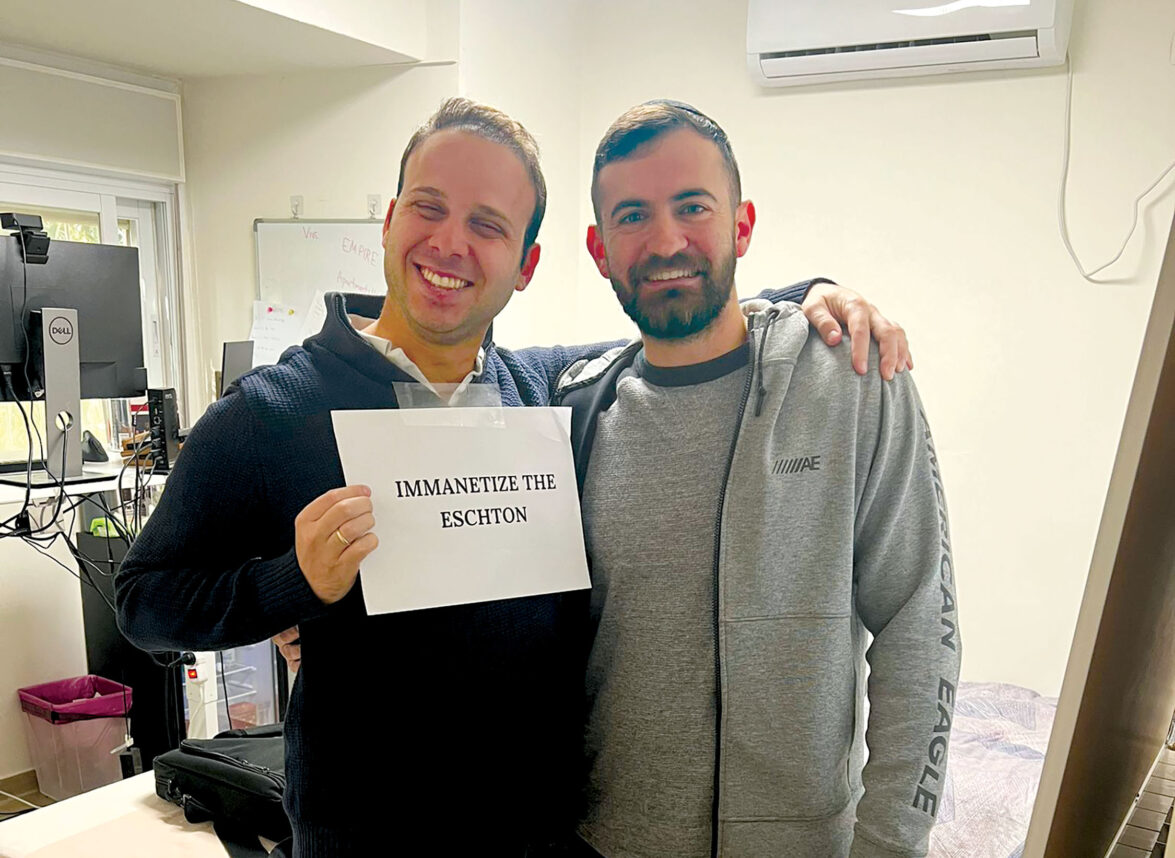Former Israeli ambassador to the United States Michael Oren’s dual loyalties — and his frustration with the growing separation between Israel and America — were evident in his remarks July 1 when he appeared at the Museum of Tolerance to discuss his recently released, controversial memoir.
“Ally: My Journey Across the American-Israeli Divide” (Random House) is an autobiographical account following an American native who made aliyah and renounced his American citizenship in order to serve in the Israeli government.
“I always thought of myself as a person who can span the divides,” Oren, who is based in Tel Aviv, said during the 90-minute event, which was billed as “A Special Evening with Michael Oren” and drew a crowd of about 300 people.
The book is, as times, critical of President Barack Obama’s approach to Israel, alleging that he hurt the U.S.-Israel alliance by putting “daylight” between the countries and by implementing policy decisions that caught Israel by surprise.
Watch the full event. Story continues after the video.
Museum of Tolerance Director Liebe Geft delivered an introduction, and Oren then spoke for approximately 20 minutes before participating in a lengthy back-and-forth with Journal President David Suissa, who joined the former ambassador onstage. Oren attributed the current divide between the two countries to the fact that Israeli Prime Minister Benjamin Netanyahu and Obama just see the world differently.
“You have two men who have profoundly different worldviews,” said Oren, a historian who served as ambassador from 2009-2013 and now is a member of the centrist Kulanu Party in the Knesset.
He called Obama “political correctness incarnate” and said that Netanyahu has no patience for that trait. But he also laid blame, in part, on American-Jewish writers who, he said, author op-eds criticizing Israel.
“Open up any op-ed page — it’s a bunch of Jews yelling at each other,” he said in one of many remarks that garnered laughs from the audience.
A theme in the book is dual loyalty, Oren said, explaining he is open about being loyal to both the U.S. and Israel. But, he added, somewhere along the line he made the conscious decision to prioritize his loyalty to Israel. (That said, he still loves his native land, particularly American football.)
Oren has acknowledged the intentional timing of the book’s release coinciding with the U.S. nuclear negotiations with Iran, of which he is a critic.
At the Museum of Tolerance event, he discussed the backlash he has faced since the book’s June 23 publication as well as the reaction to op-ed essays he published in advance of the book. Some critics have been from the Jewish community itself, including Anti-Defamation League National Director Abe Foxman, who described a section of an Oren essay published in Foreign Policy Magazine that draws a connection between Obama’s attempts to create inroads with the Arab world and the president’s relationship with his “Muslim father” as “amateur psychoanalysis.”
“What’s sad to me is it has to do with the state of American-Jewish leadership,” Oren said regarding the backlash, referring to how American-Jewish leaders are far from united in their opinions about Israel.
He also said he is unhappy with how personal the criticisms have become over the last couple of weeks.
“The attacks on the book haven’t been about the book. They’ve been about me,” he said.
The crowd skewed older and was, judging by the frequent breakouts of applause, sympathetic to Oren’s message. But he also spoke of the importance of cultivating young Jewish leaders in their 20s and 30s who would dedicate themselves to nurturing positive relations between the U.S. and Israel. This, he said, is the key to improving frayed relations between the two countries.
He treated the crowd to a discussion of, among other things, his experience writing a book from the first-person point of view, which was an intense and personal process.
“Yes, it took me a year to write, but it really took me more than five decades to write,” he said.
“I urge you to accept my earnestness in saying if I hadn’t written the book, I don’t know if could have lived with myself. … I wrote it for the love of my country and the love of my people,” he said, “and I hope that comes across in the book.”























 More news and opinions than at a Shabbat dinner, right in your inbox.
More news and opinions than at a Shabbat dinner, right in your inbox.